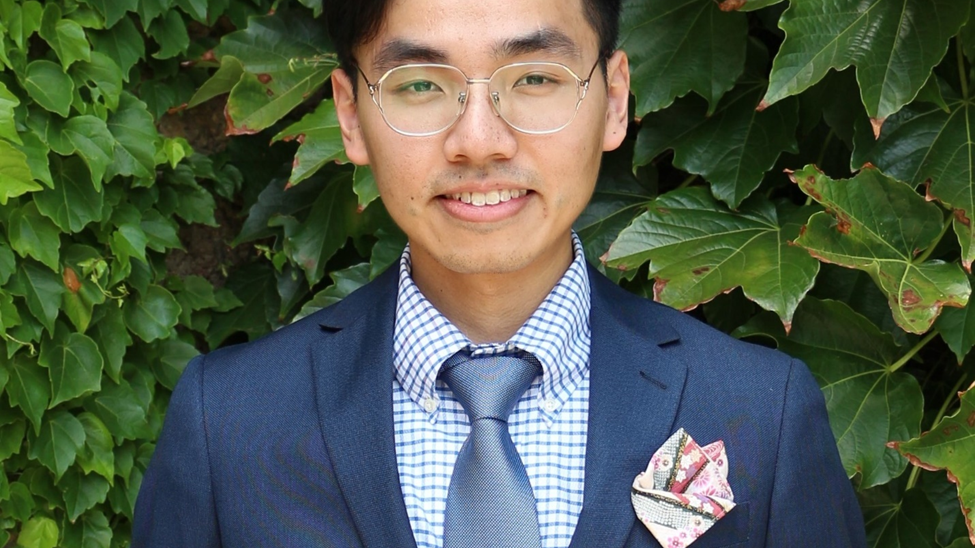Freedom as a Theoretical Principle in Fichte’s System of Ethics

In Part II of The System of Ethics (1798), which contains the deduction of the applicability of the principle of morality, Fichte characterizes freedom as a theoretical principle. Not only does he thereby conceive the principle of morality as both theoretical and practical, he even goes so far as to say that the law of freedom as a practical law is only a continuation of the same law of freedom as a theoretical principle. I argue that this would stand in contrast to Fichte’s doctrine of the primacy of the practical reason, if the transition from the first to the fifth theorem in Part II was understood as a chain of transcendental arguments invoking material conditional relations. To avoid the conflict, they must be understood as biconditionals. Based on this conviction, I reconstruct and explain Fichte’s arguments in Part II whereby he moves from the self-ascription of a power of freedom to the ascription of causal efficacy to objects.
The deduction of the applicability of the principle of morality has a twofold upshot given the actuality of self-consciousness: on the one hand, practical freedom cannot be conceived without perception of a sensible world containing causally efficacious objects; on the other hand, if the doctrine of the primacy of the practical is to be preserved, perception of a sensible world must also be taken to imply the rational agent’s causal efficacy in the sensible world.
Speaker
Plato Tse is Assistant Professor of Philosophy at National Chengchi University in Taiwan. He received his PhD from Ludwig Maximilian University of Munich in 2018. His research interests include Classical German Philosophy, Transcendental Philosophy, Philosophy of Mind, and Metaphysics. His work focuses mainly on Kant and the post-Kantian philosophers. Currently, he is also the chief investigator of a research project on Metaphysical Idealism funded by the Ministry of Science and Technology of Taiwan.



